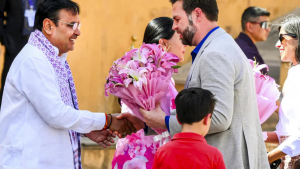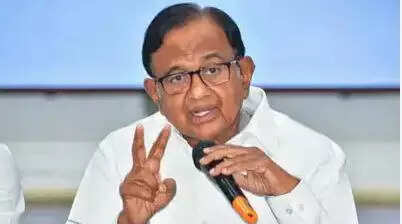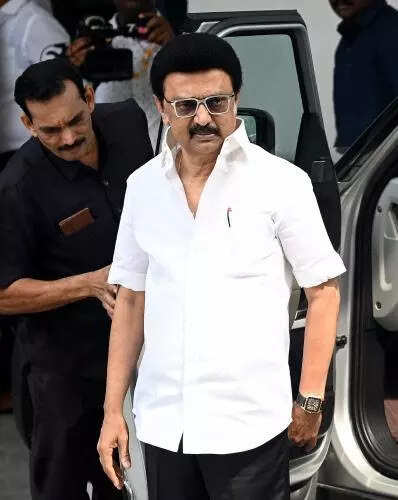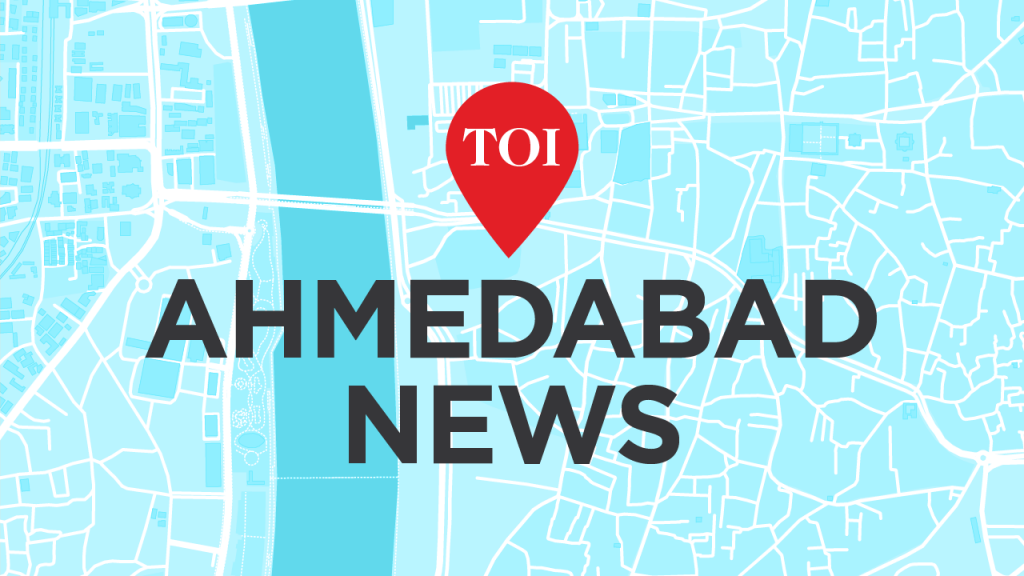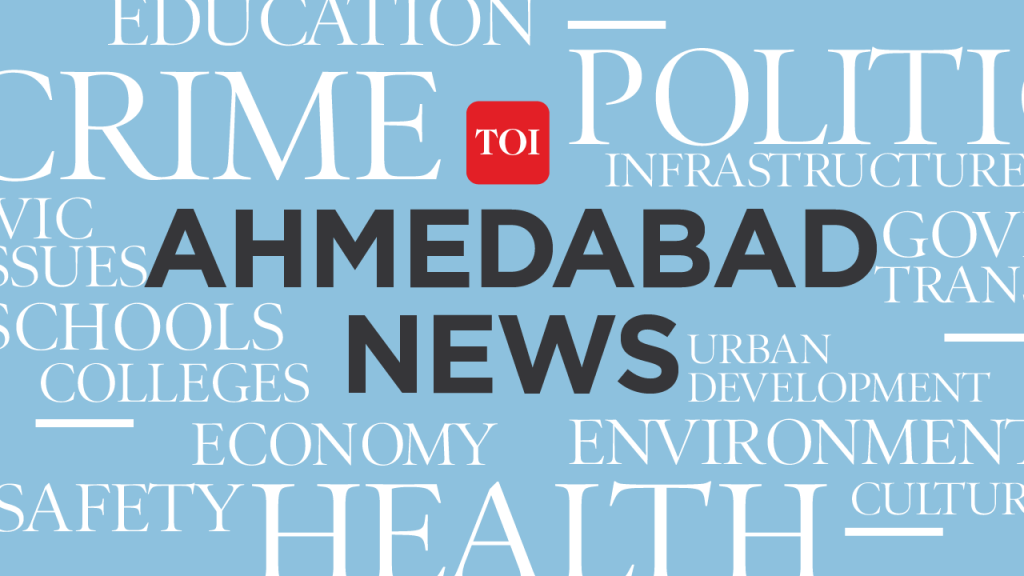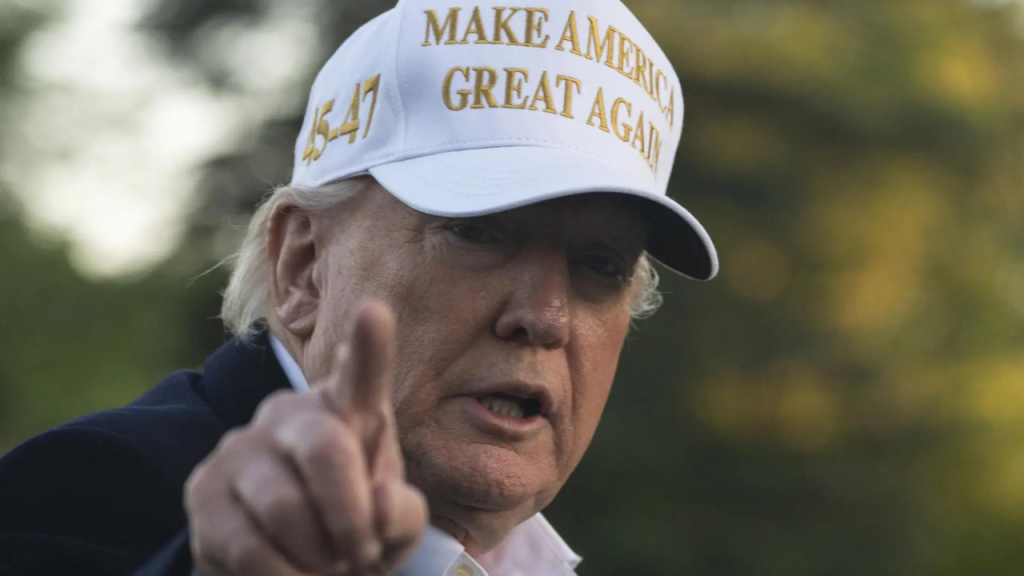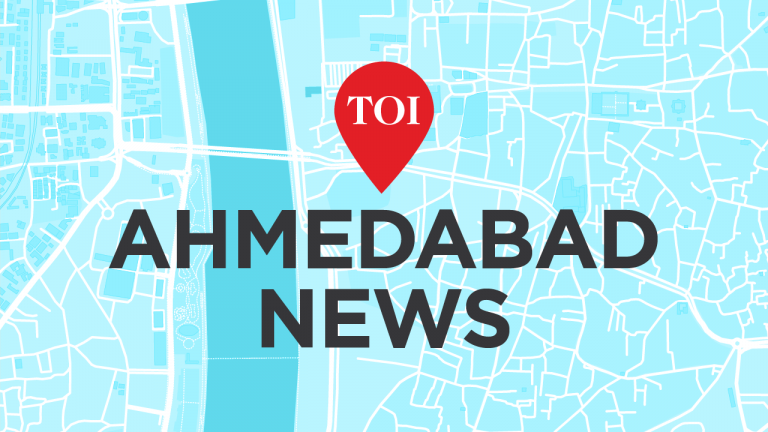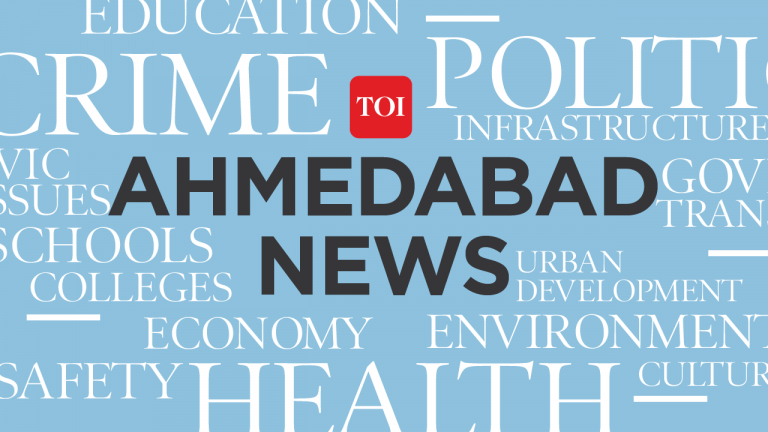In a recent development, the Indian government has announced new guidelines for social media intermediaries and digital platforms. The new rules require platforms like Facebook, Twitter, and WhatsApp to comply with the government’s requests for user information and content removal within a specific time frame. Failure to do so may result in these platforms losing their intermediary status, making them liable for the content posted by users. Additionally, the guidelines mandate social media companies to appoint grievance officers who will address user complaints and concerns in a timely manner. The move is aimed at regulating the digital space more effectively and holding platforms accountable for the content shared on their platforms. These guidelines come at a time when concerns about misinformation, fake news, and harmful content circulating on social media have been on the rise. The government believes that these new regulations will help create a safer online environment for Indian users. However, the implementation of these guidelines has raised concerns among digital rights activists who fear that it could lead to censorship and infringement of privacy rights. It remains to be seen how social media companies will adapt to these new rules and ensure compliance while balancing the needs of their users and the government. The impact of these guidelines on the digital landscape in India is yet to be fully realized, but it is clear that they mark a significant shift in the regulation of social media platforms in the country.

Posted in
JUST IN
“Indian government plans to launch digital currency amid cryptocurrency crackdown”
In Trend

“Kohli’s 26th T20 half-century leads RCB to victory, breaks records in IPL 2025 clash against Rajasthan Royals”
